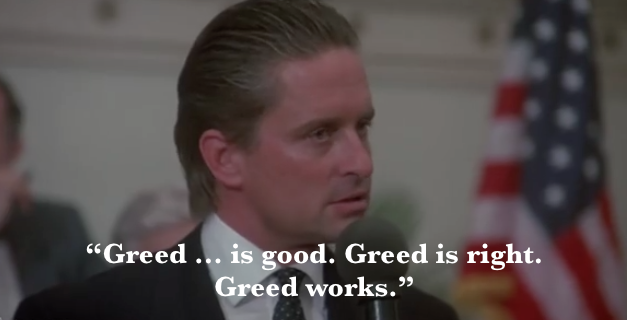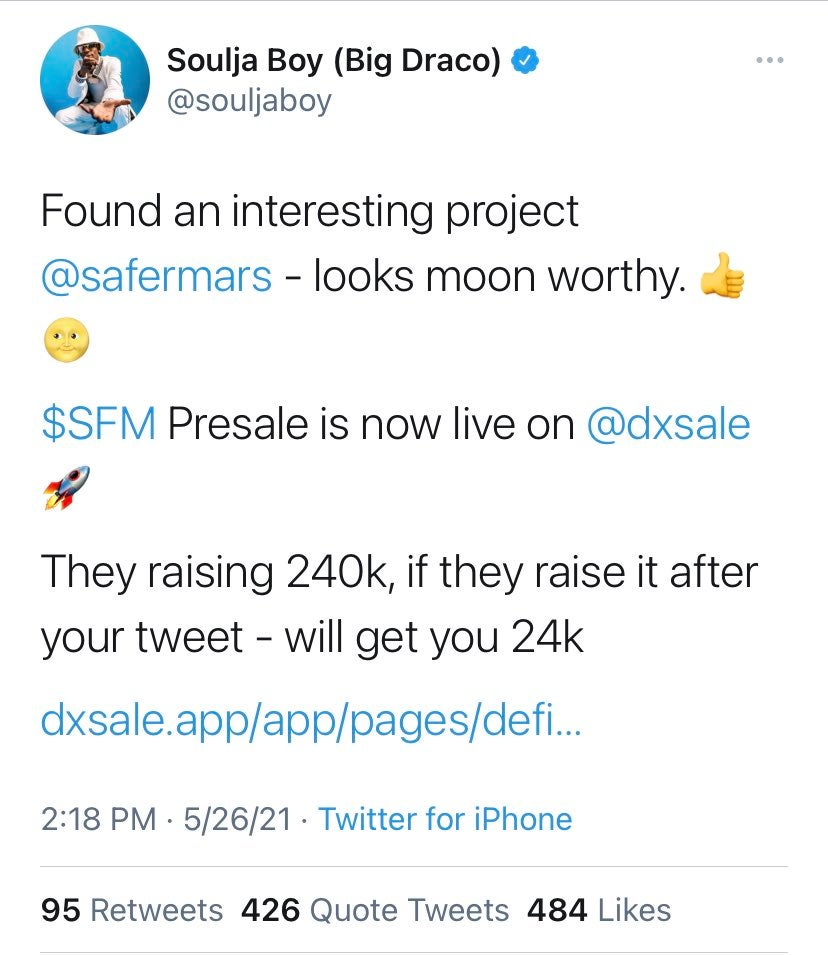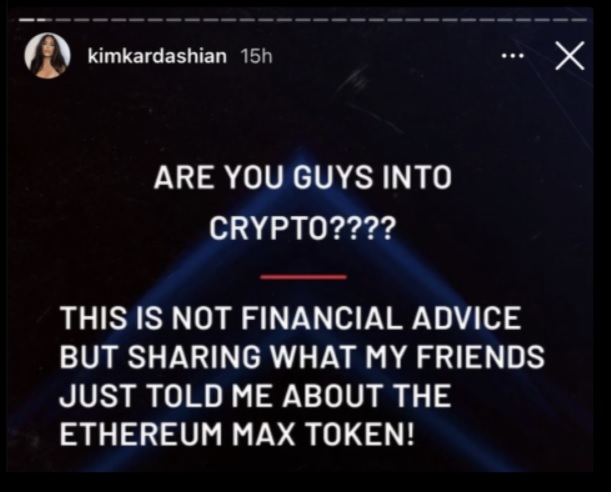Marketing specialists have a secret they keep from us. When we see billboards or advertisements on the side of the road, we tend to ignore them. But what happens when one of our favorite TikTok influencers or Youtubers posts something? Of course, we read it. We are a product of the technology generation after all.
Influencers have been shown to be very effective in marketing, which is why your favorite Youtuber more often than not has something they want to promote or sell you. According to the State of Influencer Marketing 2021 research, interest in using influencers on TikTok to run ads has risen 325% in just one year.
Social media gives influencers the means to connect with their audience in a direct way. Many people are influenced by the opinions of these influencers, hence the name. But can we trust these influencers? Do they have our best interests at heart, or has the evil marketing machine finally found a way to make us consume even more?
The answer probably won’t surprise you, but it needs to be said.
Contents
#1 The temptation and money
Let's face it: there's a lot of money in crypto. If we know anything from history it is that power and wealth are often correlated. Lobbyists put money into the hands of politicians which in turn makes the lobbyists more money through the corporate profits. Our political system may be systemically corrupt, but at least we have laws designed to mitigate some of it.
Many people refer to cryptocurrency as the 'wild west' of the investing world. Unlike stocks, bonds, and etf's, there are minimal restrictions placed on who can buy cryptocurrency and very few laws governing rates, fees, and use cases.
With a lot of money and a lack of regulation comes a whole lot of scams and opportunists trying to exploit the opportunity. It's often said that scammers come out during the most extreme economic conditions. We saw during the pandemic the rise of fraud related to counterfeit vaccines as well as bogus tests. During the ICO bubble of 2017, many cryptocurrency scams were launched. Amidst the mania of the speculative bubble, the excess money flowing into legitimate projects also ended up in the pockets of scammers and financial con artists.
#2 The strange rise in celebrity interest
When you think of 'person who would buy pixelated art to use as their twitter display picture' you might not think of celebrities like Snoop Dogg, and Jay-Z. Yet the influence of NFT's and cryptopunks has permeated across the hip-hop subculture.
And outside of the hip-hop community, interest in cryptocurrency tweets are just as strong. Elon Musk has frequently been one of the biggest proponents of Dogecoin. Leading up to an episode of Saturday Night Live that Elon Musk guest starred in, the price of Dogecoin saw a parabolic rise.
What made the price fall? Well, while the episode was aired, investors cashed in. Buy the rumor, sell the news as they say. The last time we saw such high interest of celebrities in crypto was during the ICO bubble of 2017 right before the long crypto winter.
It's undeniable that these influencers must be getting paid a LOT of money to promote these NFT's and cryptocurrency.
#3 The Soulja example
In May of 2021, Soulja Boy accidentally revealed how much he got paid to tweet about SaferMars.
The tweet read that "They are raising 240k, if they raise it after your tweet - will get you 24k" with a link to the presale.
Hilariously, a user responded to this blunder:
"Yo you deleted the bit where you disclosed how much they’re paying you for this tweet so I thought I’d bring it back for you man, happy to help" replied user @AbsolutionBTC on twitter. pic.twitter.com/7zLjnUDfAB
This puts Soulja Boy in a long list of artists who have taken money from people to promote cryptocurrency scams.
#4 Keeping up with the scam-dashians
These scams are just blatantly obvious. Influencers should be required to say when an advertiser has paid them for a tweet and the FTC agrees. Kim Kardashian joined on the scam train by uploading this to her Instagram.
Kim Kardashian is assumed to have a net worth of 1.2 billion USD. You wouldn't expect someone with so much wealth and influence to accept the lowly proposition of some scam coin, but you would be wrong.
Kim Kardashian tweeted about Ethereum Max. And just like most of the scams promoted by celebrity, the price of Ethereum Max faded into obscurity....
Do these celebrities deserve to have so many followers is so many of them simply abuse their power to take advantage of fans? This scam is referred to as a "pump-and-dump" and believe it or not, this is not illegal in cryptocurrency.
The FTC and SEC have started to crack down on these influencer posts, that's why you see so many Tweets lately with the hash tag #AD. But many snuck in before the widespread regulations and still today others try and skirt the rules and play it off as organic interest.
#5 The response
Some people have taken to Twitter to vent their frustration for the parabolic rise of celebrity rug-pulls and scams. For those that don't know, a rug pull is when the leader of a project runs off with investor money or makes a false promise. Think of it like inviting someone into your home only to pull the rug so they fall on their butt.
Twitter user Zabi was fed up and let the world know that promoting scams to fans wasn't cool.
His response is among many.
"Well, remind me to stay away from coins sponsored by faze. Their team/friends was using the huge liq and dumped on every buyer.They deleted the tweets promoting it and their IG model deleted the story promoting it as well. Full on scam.Sad seeing this from a big orga, cunts." says user Mcryptolive21
---
It's important to always be aware of what you're being sold by the people you follow. Influencers can have a profound effect on consumer behavior. More often than not, YOU are the product being sold. Your loyalty and belief in that influencer have a price and marketers will capitalize on this. Always keep an eye out for scams and assume that anyone talking about any project is being paid for it. To repeat always assume anybody talking about a project online has a personal interest in doing so.











Comments
Loading…